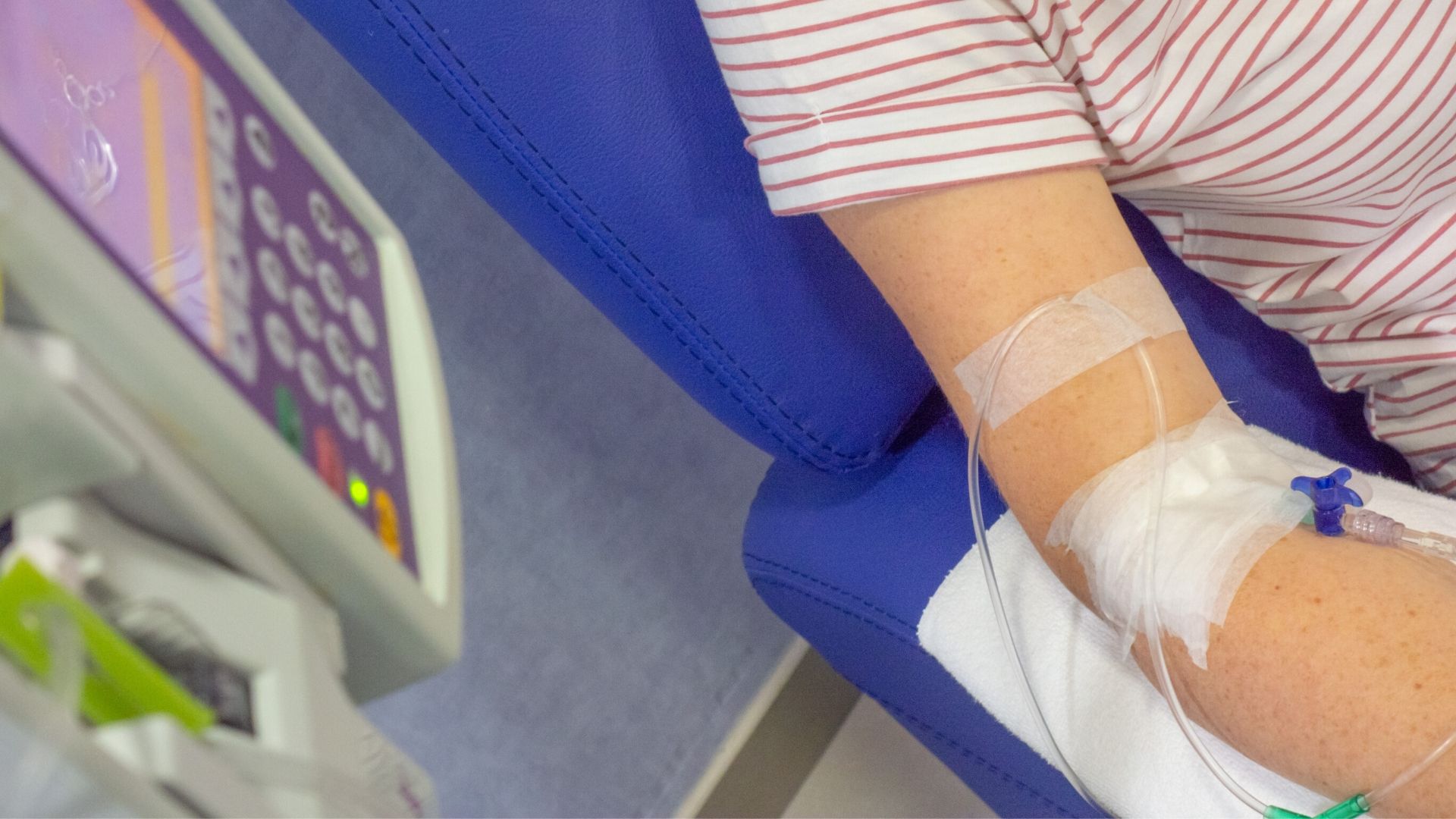Symptoms and diagnosis of MDS

On this page:
Symptoms of MDS
Many MDS patients have no signs or symptoms and are diagnosed by chance after a routine blood test. If you do have symptoms, they can often vary from person to person and depend on which blood cells are affected.
Most symptoms happen because the blood counts are low. About 8 out of 10 patients have anaemia, while about 2 in 10 have infections or bleeding. MDS symptoms include:
• Anaemia:
— Tiredness and fatigue
— Palpitations
— Pale skin colour
— Shortness of breath
— Dizziness
• Infections that are frequent and difficult to treat
• Bleeding, often from the mouth or nose
• Bruising or skin rash
Infections can happen anywhere in your body and are usually caused by bacteria or fungi.
Diagnosing MDS
Low blood counts may be picked up by a simple test called a full blood count (FBC), which counts the number of red blood cells, platelets and white blood cells in the blood.
You will be referred to a blood specialist (haematologist), who will rule out other causes of low blood counts.
MDS can be difficult to diagnose. A bone marrow test (see below) is usually needed to confirm a diagnosis of MDS. If your doctor is unsure, they may watch your blood counts for a few months and then do the test again.
After being diagnosed with MDS, you may have more tests to find out about your general health and about the type of MDS you have.
Tests include:
- Physical exam: A full physical exam will be done to assess your general health and to check for any signs of disease.
- Bone marrow tests: A sample of bone marrow (aspirate) or bone or solid marrow (trephine biopsy) is examined under a microscope to check for changes seen in MDS. The sample is usually taken from your hipbone. Other tests may be done on the bone marrow sample, including genetic tests. Read more about bone marrow tests.
- Genetic studies: Chromosomes are made up of genes, which control the activities of cells. There are 23 pairs of chromosomes in your body. These chromosomes contain the genetic information about the cells in your body. Tests on your blood or bone marrow samples can look for changes in your genes and in the number and shape of the chromosomes in your blood cells. These genetic changes happen when the disease develops and are only found in your bone marrow and blood cells, so they cannot be passed on to your children.
Other tests may be used to monitor your response to treatment. After being diagnosed, you will have regular blood testing to monitor your disease. Read more about cancer tests
For more information
Phone
1800 200 700



